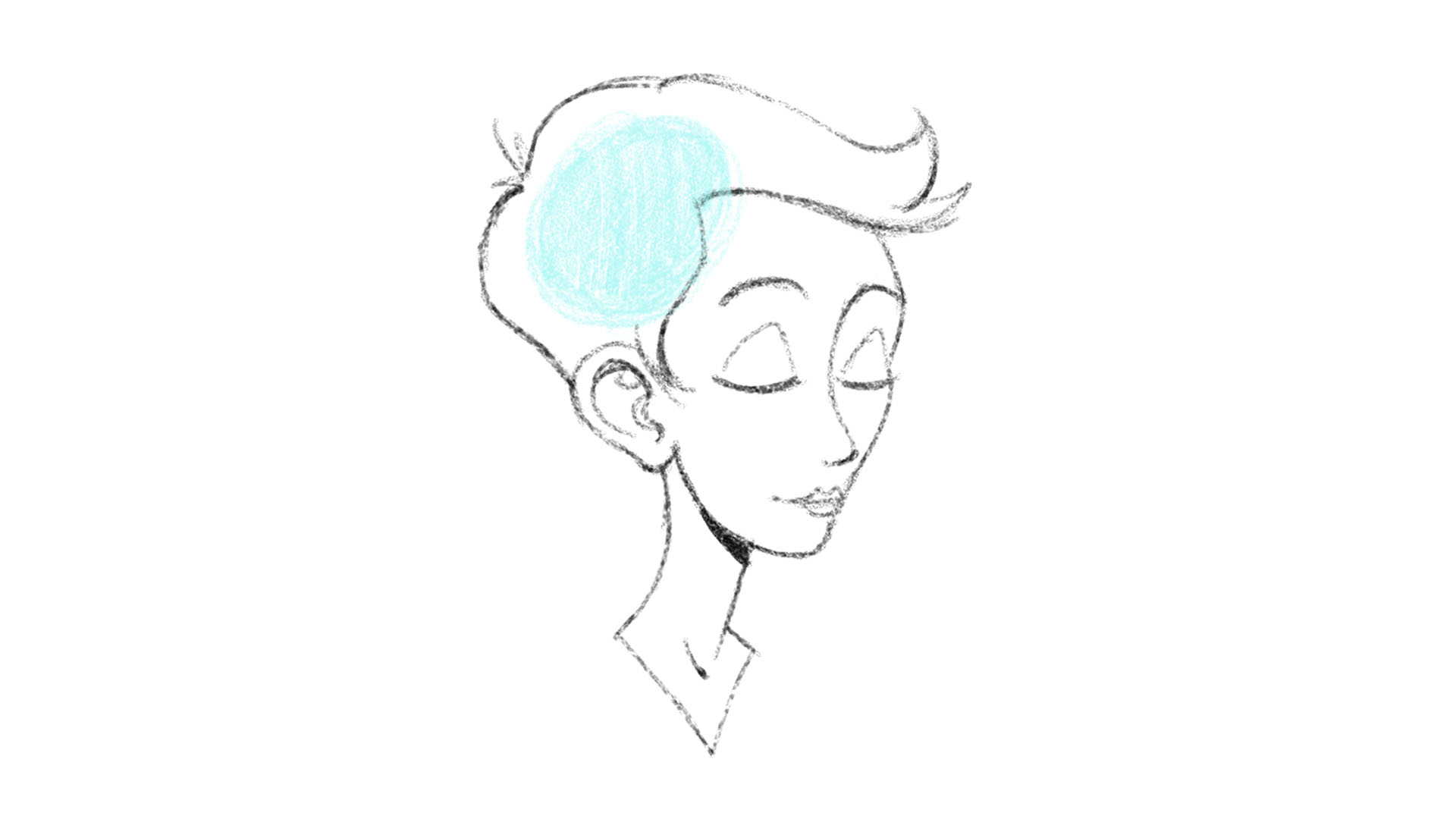In our modern lives, it’s easy to feel as though we own so many things: our homes, our careers, even our relationships. We invest time, energy, and emotions into the idea that these things belong to us. But, if we look a little closer, the reality is that these things are not as permanent or certain as we might like to believe.
Properties can be destroyed, jobs can be lost, and people can leave without explanation. This attachment we have to ownership can lead to a false sense of security. We cling tightly to our possessions and relationships, believing that they define who we are. But what happens when these things are no longer there? What remains?
This illusion of ownership runs deep. The feeling that we owe people or things, that we must maintain control, or even that others owe us in return, is rooted in attachment. It’s as if we believe that our worth is tied to these external forces. But the truth is, nothing external is ever fully in our control. We can influence, we can nurture, but we cannot own people, emotions, or life events.
The constant striving for ownership can lead to feelings of fear and disappointment. We fear losing what we think is ours, and we’re disappointed when things don’t go according to plan. If we view relationships, jobs, or possessions as things we are owed, we set ourselves up for pain when they don’t fulfil our expectations.
Shifting Our Perspective on Ownership
So how do we cultivate a healthier mindset? It starts with understanding that what we truly owe is not to things or people, but to ourselves and our integrity. We owe it to ourselves to stay grounded in the present, to appreciate the moment without trying to claim or possess it.
The right attitude toward “owing” is not one of control but one of stewardship. We don’t own things; we are simply their caretakers for a time. Our homes, our jobs, and even the people in our lives are on loan to us. Our role is to respect and value them without becoming overly attached to their permanence.
Letting Go of What We Cannot Control
Letting go of the illusion of ownership frees us from the burden of trying to keep everything intact. When we let go, we stop fighting against the natural flow of life and instead embrace change.
This doesn’t mean that we shouldn’t care or invest in things or people, but it means we should approach them with an open hand, knowing that they are not permanent fixtures in our lives. Relationships will evolve, jobs may change, and the things we once held tightly may no longer be ours. But that doesn’t make life any less beautiful. In fact, it gives us the freedom to experience it more fully.
We owe it to ourselves to cultivate gratitude for what we have in the moment and to develop resilience when things inevitably shift. This is the real debt we must pay—not to external things, but to the internal process of learning, growing, and letting go. In the end, what do we actually owe? We owe respect to the transient nature of life and the humility to accept that nothing truly belongs to us. We are stewards, not owners. By embracing this truth, we can free ourselves from the anxiety of ownership and find peace in simply being.

